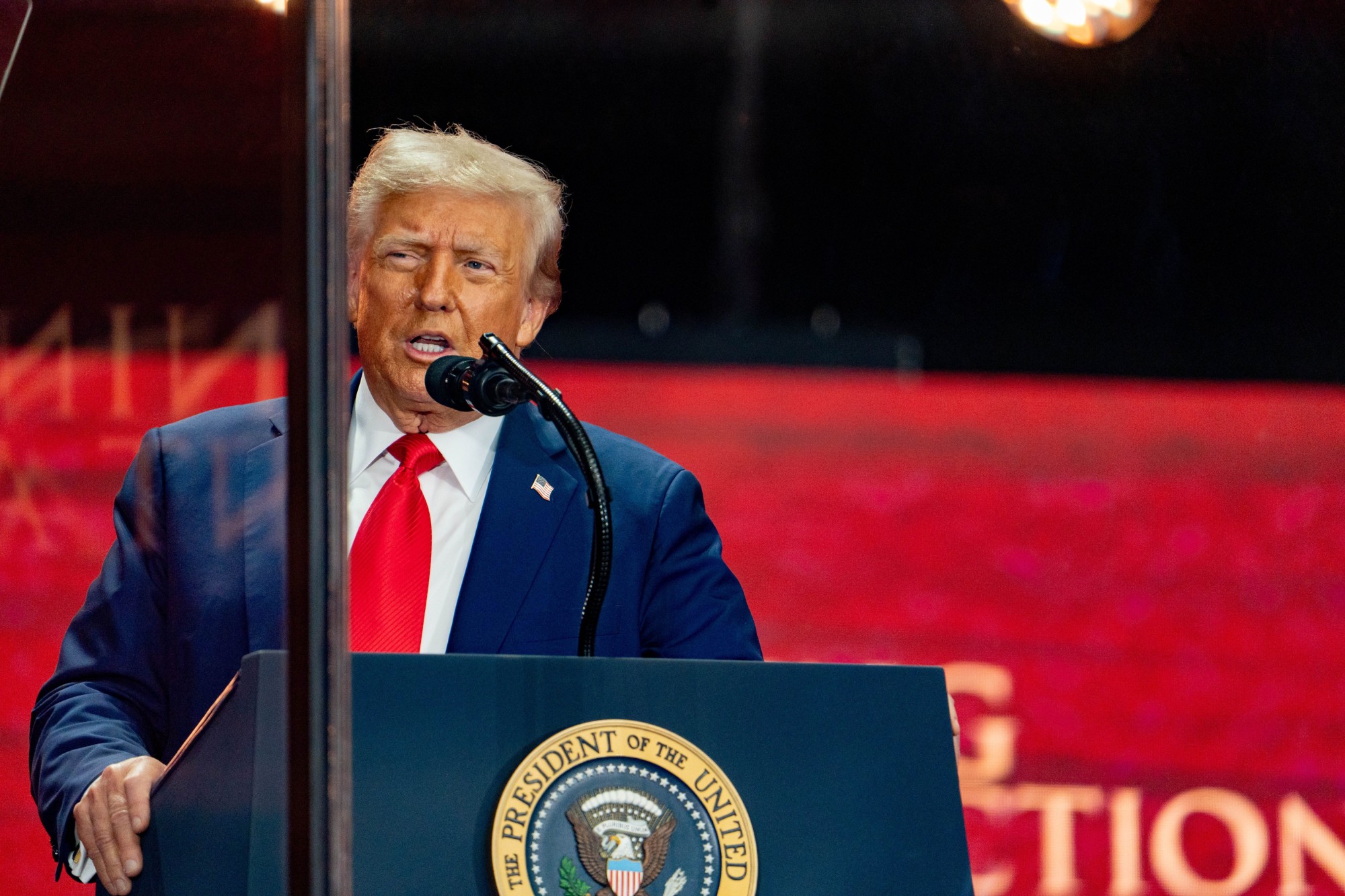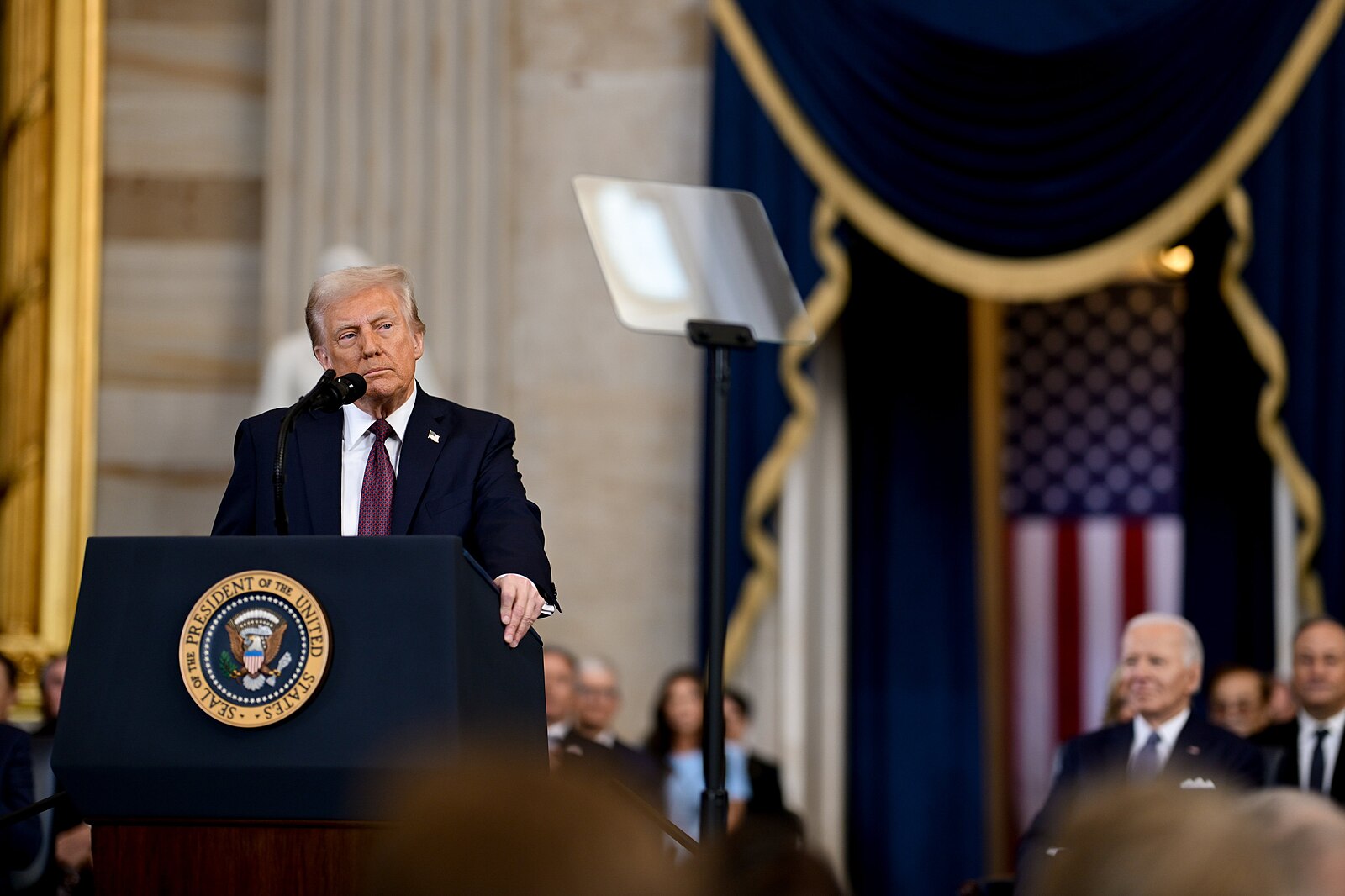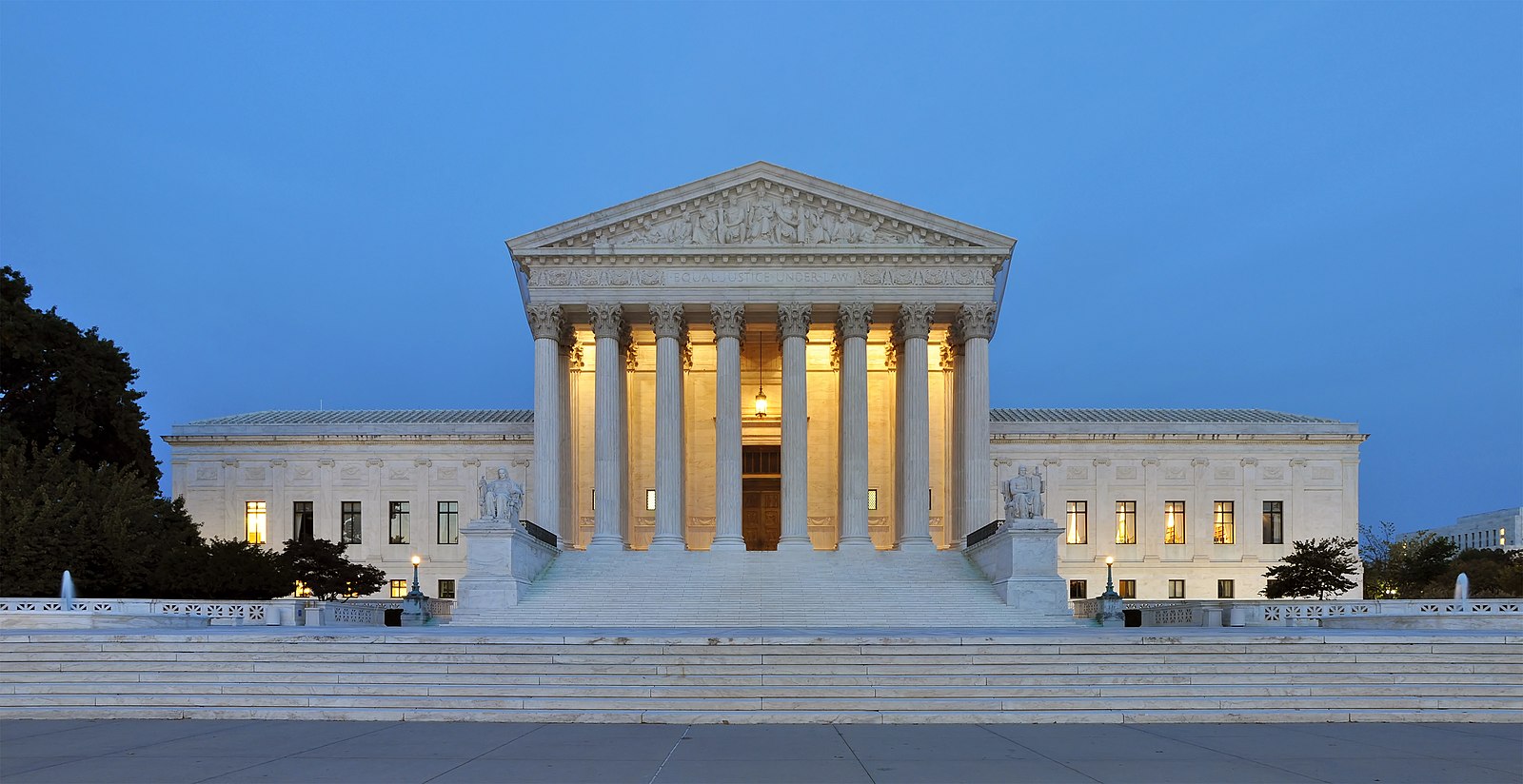Politics
Trump Seeks Supreme Court Fast-Track on Birthright Citizenship Order
By Jake Beardslee · September 28, 2025

White House Seeks Swift Supreme Court Action
President Donald Trump is asking the U.S. Supreme Court for an expedited review of his executive order aimed at ending birthright citizenship. Three months after the high court rolled back nationwide injunctions against the measure, two lower federal courts again blocked the policy on new grounds. Solicitor General John Sauer has called on the U.S. Supreme Court to fast-track its review of Trump’s appeal, seeking a ruling by next summer, according to court filings obtained by ABC News. Diannie Chavez/The Republic / USA TODAY NETWORK via Imagn Images
Administration Argues for Narrower Citizenship Rules
Sauer wrote that “the government has a compelling interest in ensuring that American citizenship—the privilege that allows us to choose our political leaders—is granted only to those who are lawfully entitled to it.” He contends that the lower court rulings “invalidated a policy of prime importance to the President and his Administration in a manner that undermines our border security,” and that they “confer, without lawful justification, the privilege of American citizenship on hundreds of thousands of unqualified people.” Brett Sayles / Pexels
Constitutional and Historical Context
The 14th Amendment, ratified after the Civil War, guarantees citizenship to “all persons born or naturalized in the United States, and subject to the jurisdiction thereof.” In 1898, the Supreme Court confirmed in U.S. v. Wong Kim Ark that children born on U.S. soil to non-citizens are citizens. Justice Horace Gray wrote that the amendment “includes the children born, within the territory of the United States, of all other persons, of whatever race or color, domiciled within the United States,” and that every foreign citizen “while domiciled here, is within the allegiance and the protection, and consequently subject to the jurisdiction, of the United States.” Kaboompics.com / Pexels
Executive Order and Legal Pushback
On his first day in office, Trump signed an order declaring that only newborns of parents with permanent legal status are “subject to the jurisdiction” of the United States and therefore eligible for citizenship. According to the Penn State Social Science Research Institute, around 255,000 children are born annually in the U.S. to parents without American citizenship or permanent legal status. The administration says it will not enforce the policy until the Supreme Court decides whether to hear the case.Two July rulings halted the policy. A federal judge in New Hampshire found the order plainly unconstitutional, while a federal appeals court blocked enforcement nationwide to ensure uniform protection. The White House / Wikimedia

Critics Warn of Constitutional Crisis
Civil liberties groups argue the policy cannot stand. “This executive order is illegal, full stop, and no amount of maneuvering from the administration is going to change that,” said Cody Wofsy, deputy director of the ACLU’s Immigrants’ Rights Project. Sora Shimazaki / Pexels